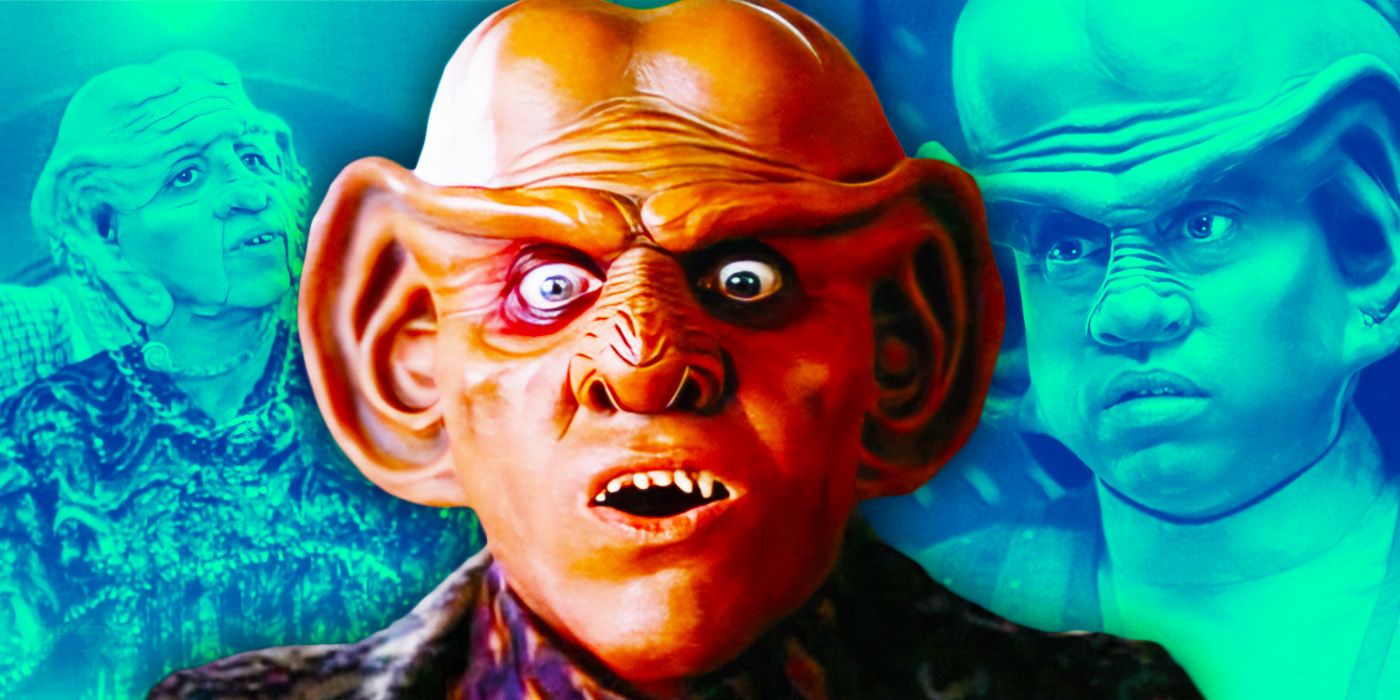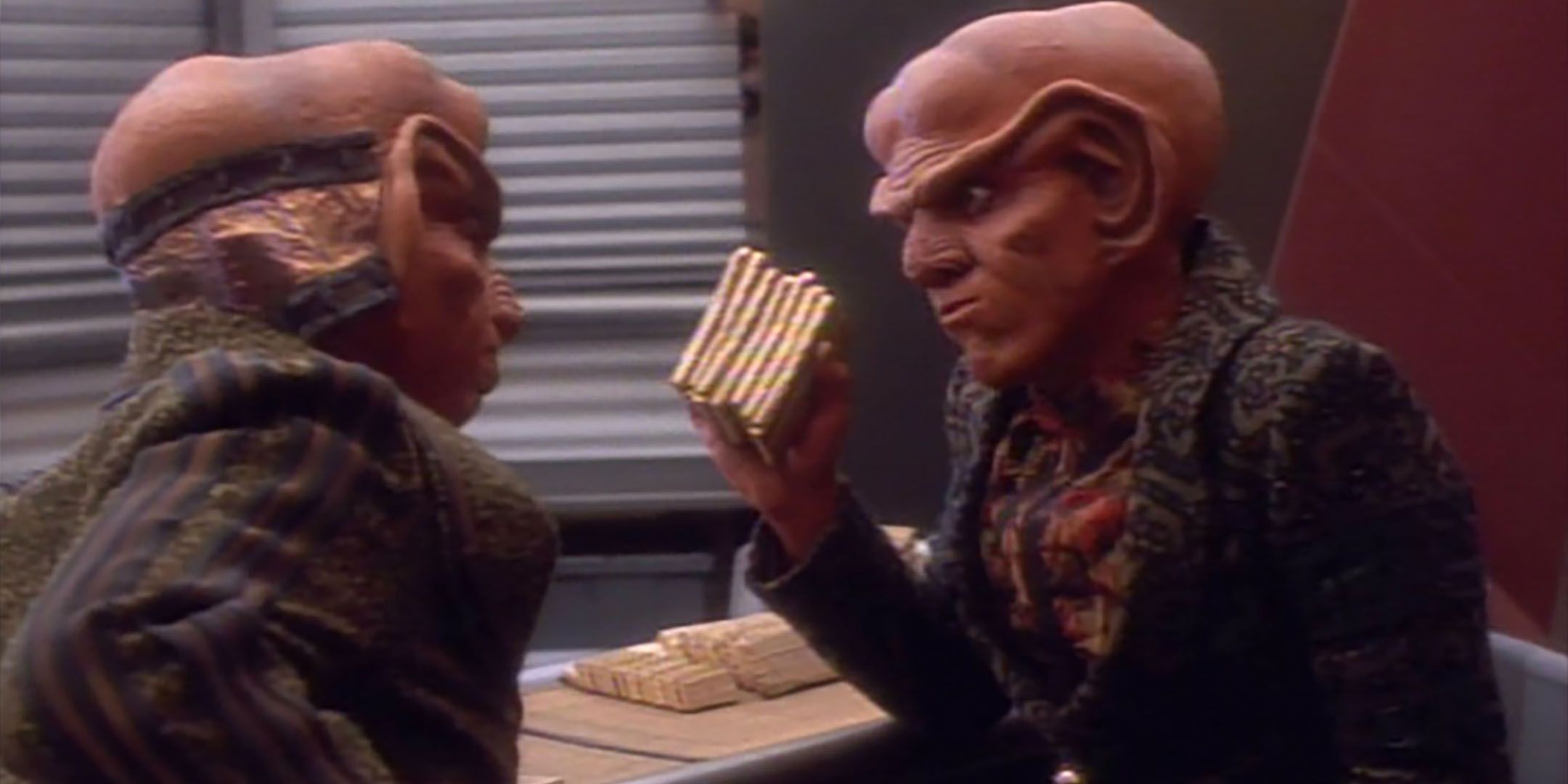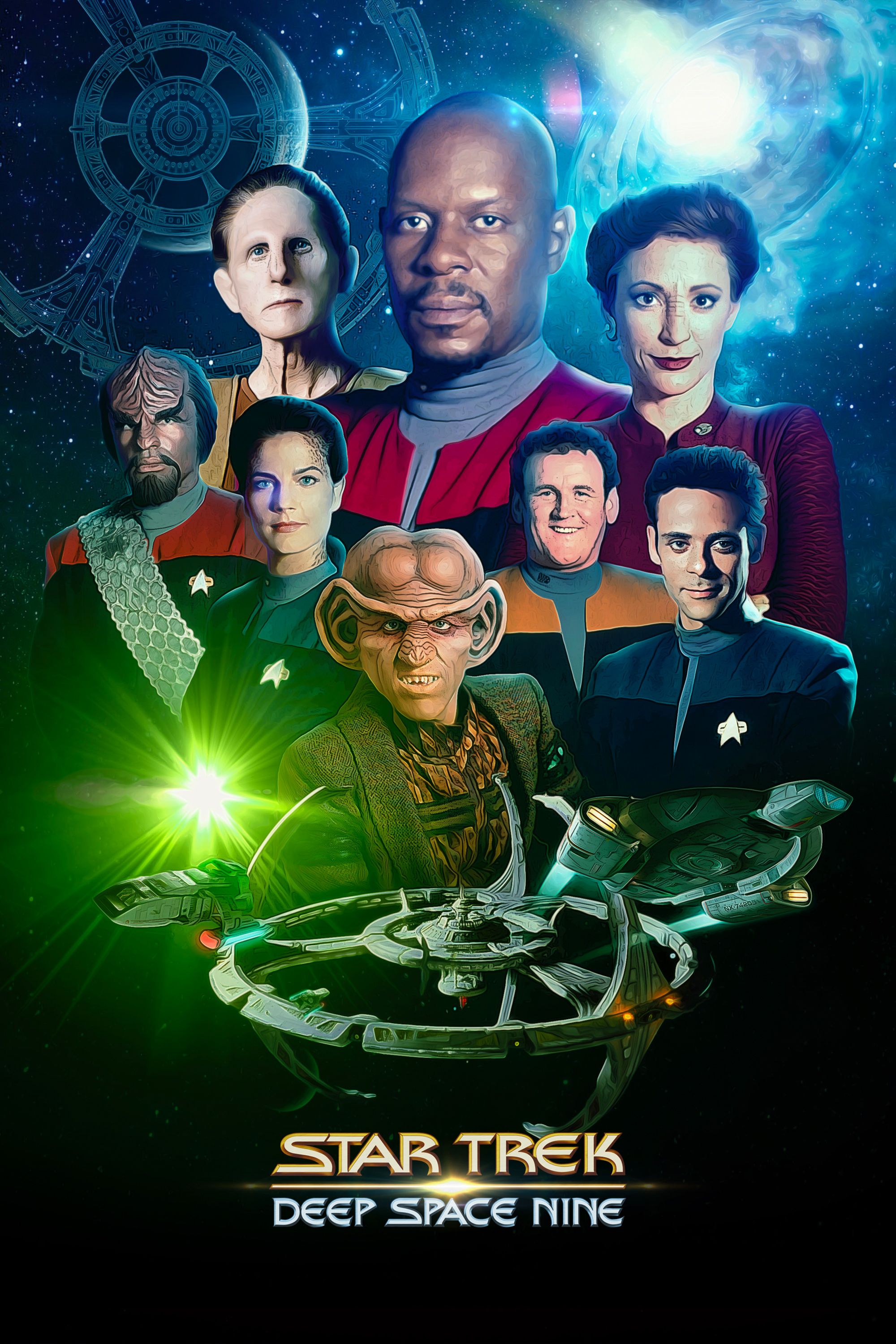Summary
- Star Trek envisions a future without money, where humanity has evolved beyond the need for possessions or wealth accumulation.
- Latinum serves as the primary currency in the Star Trek universe, encased in gold and used by various species including the Ferengi.
- Starfleet officers are compensated through non-monetary means, driven by the pursuit of knowledge, discovery, and betterment of humanity instead.
In Star Trek‘s utopian society of the future, humanity has evolved beyond the use of money. This fact comes out most frequently when Starfleet officers come up against people from Earth’s past, such as Captain James T. Kirk’s (William Shatner) frank confession to Dr. Gillian Taylor (name) in Star Trek IV: The Voyage Home that the future has no money, or 1990s financier Ralph Offenhouse (Peter Mark Richman) awakening in the 24th century to find that plans to provide for his financial future have been dashed in Star Trek: The Next Generation season 1, episode 26, “The Neutral Zone”.
As Captain Jean-Luc Picard (Patrick Stewart) explains to Offenhouse in Star Trek; The Next Generation, “People are no longer obsessed with the accumulation of things. We’ve eliminated hunger, want, the need for possessions. We’ve grown out of our infancy.” The lack of currency in the United Federation of Planets, and among humans in particular, is a great thought experiment that illustrates just how far humanity has come in Star Trek, but not every Star Trek civilization is so enlightened. In other words, there must be some kind of money in Star Trek for the economics of the future to function.

9 Ways DS9’s Ferengi Changed Star Trek History
Star Trek: Deep Space Nine was the making of the Ferengi and Quark, Rom, Nog, and Ishka continue to make a huge impact on the Star Trek universe.
What Is Latinum? Star Trek’s Favorite Money Explained
“Who came up with the idea of suspending liquid latinum inside worthless bits of gold?”
The economy of the future in Star Trek is driven by latinum, a rare liquid substance that can’t be replicated. Because of latinum’s liquid nature, it’s encased within gold when used as physical currency, which is why latinum is so frequently referred to as “gold-pressed”: it’s the latinum that’s valuable, not the gold. Different amounts of latinum are pressed into different denominations of slips, strips, bars, bricks, and braces, with strips being the most commonly used for everyday purchases, whereas bars were used. Latinum, though naturally liquid, can also be used to plate items to make them more luxurious or valuable.
Gold-Pressed Latinum Values | |
|---|---|
100 slips | 1 strip |
20 strips | 1 bar |
Unknown number of bars | 1 brick |
Unknown number of bricks | 1 brace |
Any explanation of latinum is incomplete without mentioning the Ferengi, whose pursuit of latinum is iconic within the Star Trek universe. The Ferengi in Star Trek: Deep Space Nine, and in particular Quark (Armin Shimerman), give the most insight into the value of latinum, from both a material and a social standpoint. The Ferengi Rules of Acquisition refer to latinum frequently, giving rise to idiomatic expressions equating latinum with wealth of any kind. As Star Trek‘s resident capitalist society, the Ferengi drive Star Trek‘s economy, making latinum a relatively universal currency in Star Trek; latinum is used not only by Ferengi, but Cardassians, Klingons, and non-Federation worlds.
When first introduced to
Star Trek
, latinum was measured in terms of weight in kilograms; however, the standard denominations came into more frequent use in
Star Trek: Deep Space Nine.
Does Starfleet Get Paid In Star Trek?
Humans In Star Trek Aren’t Post-Scarcity; They’re Post-Greed
Starfleet officers aren’t necessarily compensated financially for their service, but they are “paid” in other ways. In Star Trek: First Contact, 21st-century Bozeman, Montana resident Lily Sloane (Alfre Woodard) is appalled to find that Captain Jean-Luc Picard doesn’t get paid for service to Starfleet. Picard is, of course, unbothered, pointing out that “The economics of the future is somewhat different … the acquisition of wealth is no longer the driving force in our lives. We work to better ourselves and the rest of humanity.” To Picard, and other Starfleet officers, compensation comes in the joy of discovery, the service itself, and the recognition of merit. Currency is social and academic, not monetary.
“It’s not my fault your species decided to abandon currency-based economics in favor of some philosophy of self-enhancement.” – Nog (Aron Eisenberg),
Star Trek: Deep Space Nine
season 5, episode 25, “In the Cards”
Fortunately, Starfleet officers aren’t just out of luck when it comes to participating in the greater economy of non-Federation societies. Starfleet officers are given a stipend of latinum to spend when stationed in places where they’re likely to need it. In Star Trek: Deep Space Nine, latinum pays for drinks and gambling at Quark’s Bar, various food and drink, and the acquisition of … certain necessary items. In Star Trek: Voyager, far from Starfleet Headquarters, Captain Kathryn Janeway (Kate Mulgrew) barters Federation technology with Delta Quadrant societies. While Earth money may be a thing of the past in Star Trek, latinum accounts for humanity’s participation in galactic trade.
Star Trek Isn’t Supposed To Have Money: What Is Latinum? #Star #Trek #Isnt #Supposed #Money #Latinum
Source Link: https://screenrant.com/star-trek-latinum-money-explained/
Star Trek Isn’t Supposed To Have Money: What Is Latinum?:
Summary
Star Trek envisions a future without money, where humanity has evolved beyond the need…


